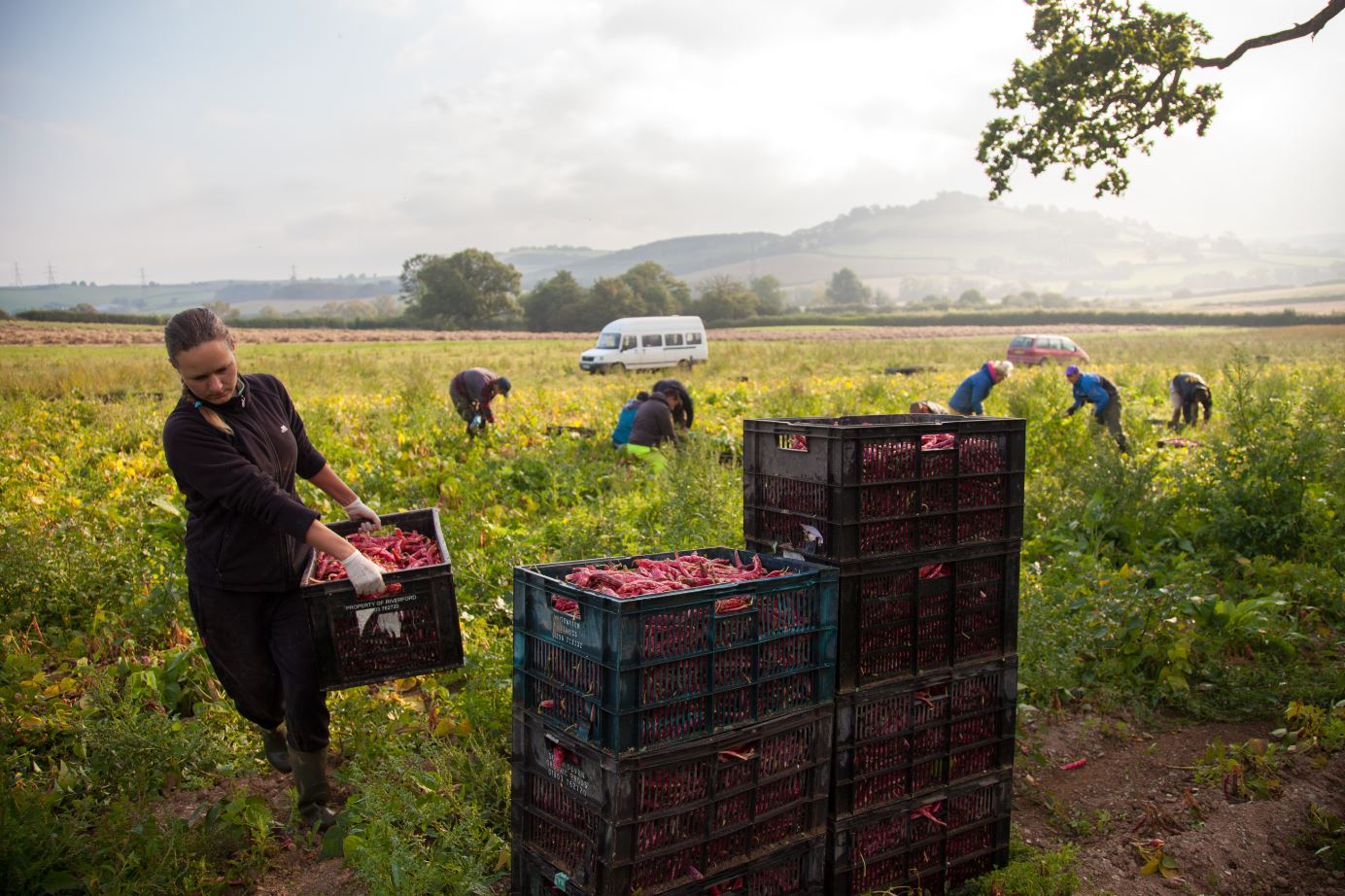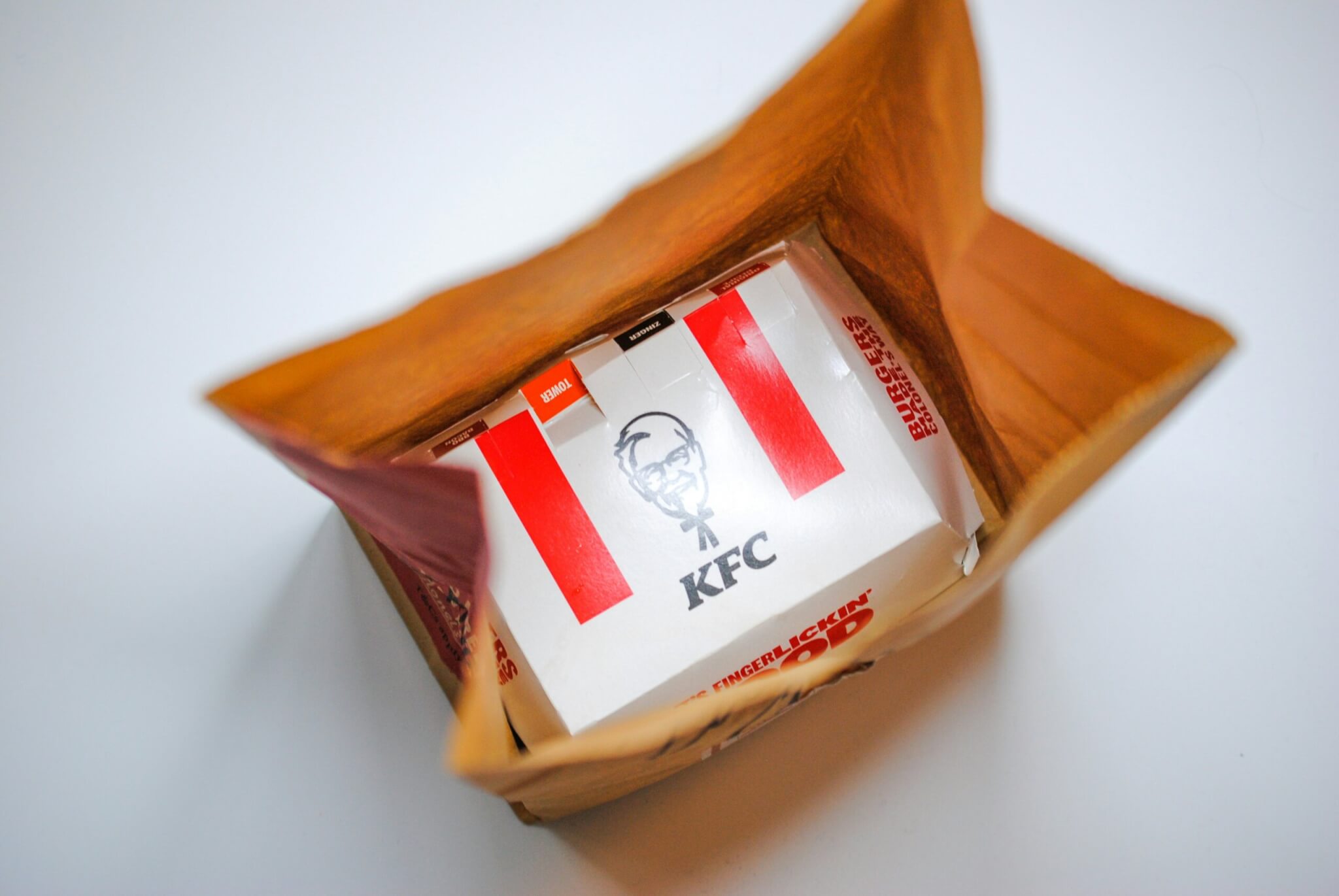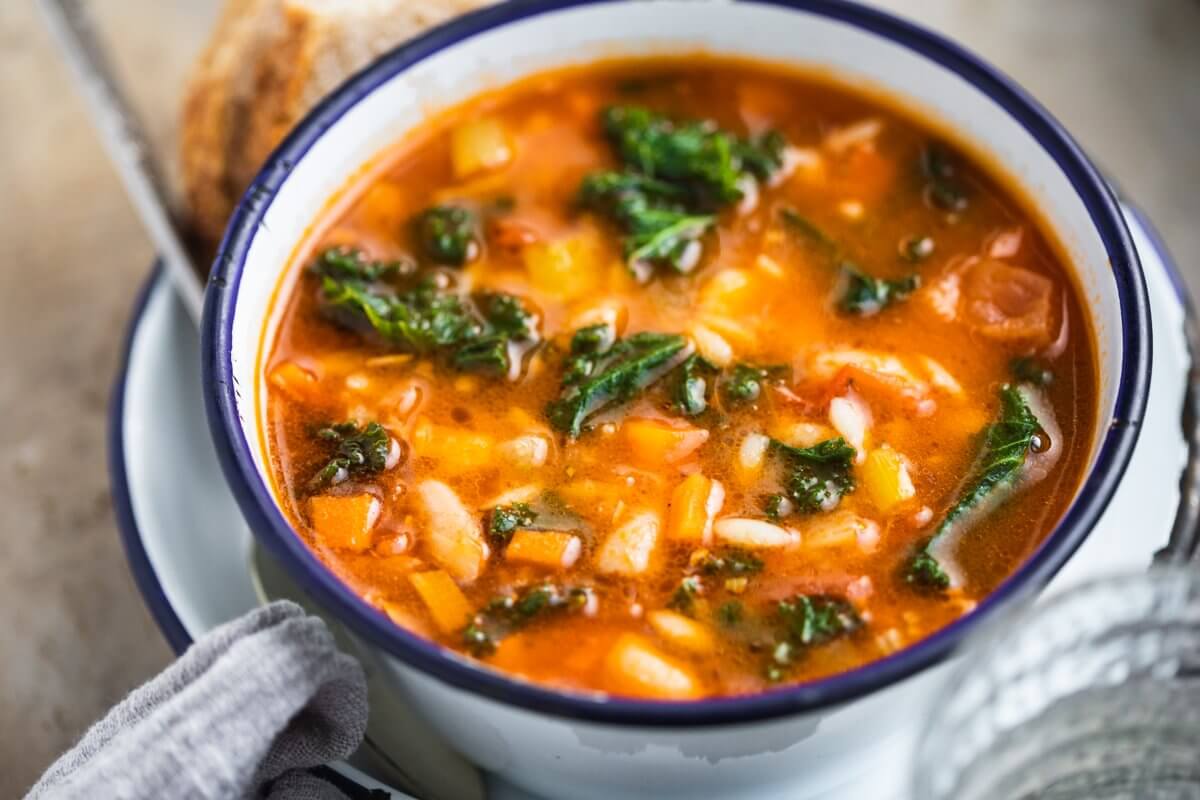Leading organic box delivery companies and ethical co-operatives have beaten the likes of Waitrose, Sainsbury’s and Aldi in a ranking of the most ethical supermarkets.
The top 10 ethical supermarkets included co-operative and independent retailers Unicorn in Manchester and Brighton-based HISBE; ethical wholesalers Suma and Essential; as well as organic box delivery companies Riverford and Abel & Cole, and organic retailer Planet Organic.
Marks and Spencer was the only major supermarket to make the top 10, with Waitrose, Co-op, Iceland and Aldi all following behind.
The ranking is compiled by Ethical Consumer magazine, which rates supermarkets on various aspects under four key themes; the environment, animals, people and politics and creates a combined ‘ethiscore’.
It aims to promote a cultural shift among major supermarkets by evaluating their performance, as well as comparing them with more alternative businesses that are already meeting high ethical standards.
“Given the size and complexity of the 13 large supermarkets’ supply chains, it’s perhaps unsurprising they fall to the bottom of the score table,” the authors wrote. “Having said that, Unicorn has demonstrated how a mission-orientated business can humbly tackle complex supply chains without losing sight of its core values.”

Since the last review, Ethical Consumer magazine found that Iceland and Lidl had made improvements in the reporting of their corporate social responsibility reporting, while Morrisons, Ocado, Tesco and Aldi have all lost marks.
Supermarkets have also improved by stocking more more ethical goods such as Fairtrade, organic and MSC-certified products, as well as vegan and plastic-free options, the report found.
Despite the improvements though, the report found that the “degraded foundations” of supermarkets and the wider industrial food system are impossible to ignore.
“Put simply, supermarkets’ true operating costs continue to be borne by workers throughout their supply chains, animal species in their millions, public health and the health of the earth’s ecosystems,” the report said.
According to the Ethical Consumer magazine, when choosing a supermarket, consumers should look for Fairtrade products to reduce the food industry’s reliance on underpaid labour; organic produce to help reduce the use of artificial chemicals; and sustainably-sourced guarantees for products like palm oil, cocoa and fish.
On the other hand, people should avoid excess plastic packaging, factory-farmed animal products and choose organic to avoid any GMO ingredients.













Where is this top 10 list please? I can’t seem to find it in the link you provided. It’s great news that Riverford was included. Keep up the good work!
Hi Alison, thanks! Sorry you couldn’t view the list, you can find it here: https://www.ethicalconsumer.org/retailers/shopping-guide/supermarkets
How is M&S up there when they are one of the worst for the amount of plastic they have?!! Surely that should be included in how “ethical” they are. I cringe buying from them because I come out with way too much plastic!
Where was this photo taken? I am concerned about the use of latex gloves seen pictures here.
Hi Bunny, Riverford don’t currently use latex gloves – latex free alternatives are used both in the field and packing barn.
Well done Riverford, leading the way.